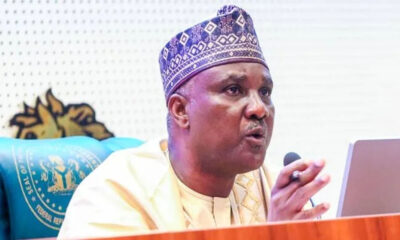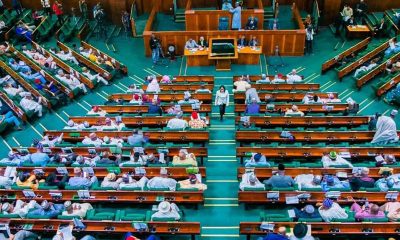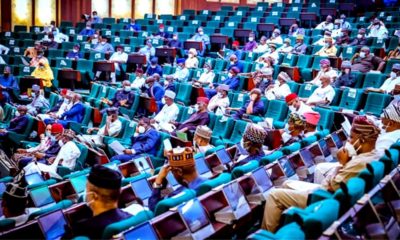metro
Reps reject bill to expand Islamic law in 1999 Constitution

Reps reject bill to expand Islamic law in 1999 Constitution
The House of Representatives on Thursday rejected a bill seeking to expand Islamic law in the 1999 constitution.
The bill intended to amend sections 24, 262, 277, and 288 of the 1999 constitution by removing the word “personal” wherever “Islamic law” is mentioned from the section, allowing “Islamic law” to stand on its own.
Section 262 (1) of the constitution states that: “The Sharia Court of Appeal shall, in addition to such other jurisdiction as may be conferred upon it by an Act of the National Assembly, exercise such appellate and supervisory jurisdiction in civil proceedings involving questions of Islamic personal law”.
Leading the debate, Missau said the inclusion of the word “personal” after “Islamic” restricts its application, especially in Islamic commercial laws.
“The 1999 constitution provided for personal Islamic law. The constitution did not envisage the dynamism and development that may come into the country,” he said.
READ ALSO:
- Okonjo-Iweala denies facilitating $57.5bn loan to Biafra Republic
- Owners of buildings without permit in Lagos get Dec 31 deadline extension
- Naira depreciates to N1,739/$ in parallel market
“For instance, in 2003, the constitution did not foresee the advent of Jaiz Bank which operates under commercial Islamic law.”
The lawmaker said the word “personal” should be removed to benefit Islamic commercial law and Islamic international law, among others.
During the debate, legislators were split along regional lines, with northerners supporting the bill while their southern counterparts kicked against it.
Opposing the bill, Solomon Bob from Rivers said the amendment would broaden the application of Islamic law beyond the “personal matters” envisaged by the framers of the Constitution.
“The implication is that if the word ‘personal’ is removed, Islamic law would have broader implications. The word ‘personal’ was put there for a reason,” the lawmaker said.
Abdul Hakeem Ado from Kano supported the bill, saying Islamic commercial law needs to be sustained.
Saidu Abdullahi from Niger state and Ahmed Satomi from Borno were among the lawmakers who spoke in favour of the bill.
Jonathan Gaza from Nasarawa, Ademorin Kuye from Lagos, and Awaji-Inombek Abiante from Rivers kicked against the proposed legislation.
Bamidele Salam from Osun strongly opposed the bill, saying issues of religion should be restricted to personal preference because Nigeria is a secular state.
“As students of history, we all know the background of this particular section during the various constitutional assemblies of 1979, 1989, and 1999. The drafters of the constitution were highly sensitive to religion,” he said.
“At the 1979 constitutional assembly, this particular section was very contentious until the military intervened to halt further debate, stating that the application of Islamic law would be restricted to personal matters like estates.
“We must be careful with any changes to the constitution that could further widen divisions in Nigeria. In any case, the matters my colleague seeks to address are already covered by existing laws.”
The bill was however rejected when it was put to a voice vote by Deputy Speaker Benjamin Kalu, who presided.
Reps reject bill to expand Islamic law in 1999 Constitution
metro
Lagos govt insists nightclubs, worship centres must obtain permit for amplified sound
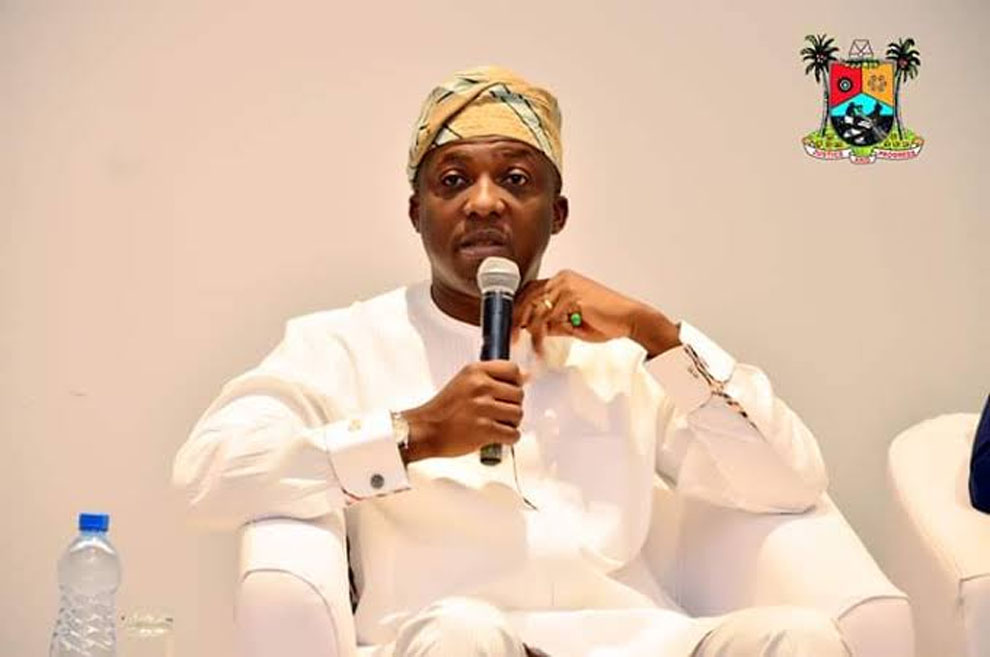
Lagos govt insists nightclubs, worship centres must obtain permit for amplified sound
The Lagos State Government has rolled out stricter measures to combat noise pollution, requiring nightclubs, lounges, bars, and worship centres to obtain permits for events involving amplified sound.
The measure, it said, aimed to safeguard the health and well-being of Lagosians during the festive season and beyond.
Lagos State Commissioner for Environment and Water Resources, Tokunbo Wahab, announced this via his official X (formerly Twitter) account on Saturday, emphasizing the government’s zero-tolerance stance on noise pollution.
Wahab highlighted that events with amplified sound must be conducted in soundproofed, enclosed spaces to protect residents from the harmful effects of excessive noise.
READ ALSO:
- Alleged missing N180m: It’s a prank, Singer Dammy Krane says
- Inter Milan crush Cagliari 3-0 to top Serie A
- Kemi Badenoch political career may be in danger – Top diplomat
“Establishments such as worship centers, nightclubs, lounges, and bars must now obtain permits for events involving amplified sound and ensure these activities take place in soundproofed, enclosed spaces to protect neighboring residents,” the statement read in part.
To enforce these directives, the government said it had established a Special Task Force on Noise Pollution under the Lagos State Environmental Protection Agency (LASEPA).
This task force, in collaboration with the Lagos State Neighborhood Safety Corps (LSNSC) and the Lagos State Environmental Sanitation Corps (LAGESC), would oversee compliance, arrest offenders, and prosecute violators of noise regulations, it stated.
The statement further noted that starting January 2025, the government would roll out a public awareness campaign to educate Lagosians on acceptable noise levels and the benefits of a quieter environment.
Lagos govt insists nightclubs, worship centres must obtain permit for amplified sound
metro
Alleged missing N180m: It’s a prank, Singer Dammy Krane says
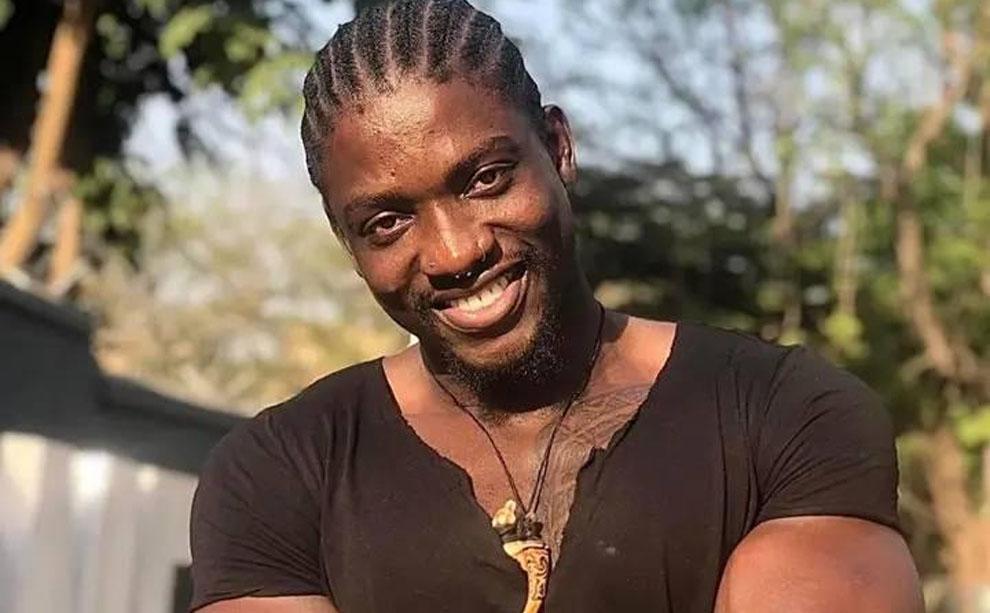
Alleged missing N180m: It’s a prank, Singer Dammy Krane says
Singer, Dammy Krane has stated that social critic, Very Dark Man, is joking with claims that N180 million was diverted from the NGO account he created in October this year.
VDM shocked Nigerians on Friday, December 27 when he released a video claiming hackers had breached his NGO website and moved N180m leaving only N20 million.
The news shocked many Nigerians who took to social media to slam him.
READ ALSO:
- Inter Milan crush Cagliari 3-0 to top Serie A
- Kemi Badenoch political career may be in danger – Top diplomat
- Oluwo backs push for Sharia law in South-West
However, in a post shared on his Instagram page this evening, Dammy Krane claimed that VDM is renovating a school in Jos, and was only joking with the story of stolen funds.
Also, a Human Rights activist, Omotayo Williams, claimed the man VDM showed in his video as an officer accompanying him to Jos is a well-known member of the Kogi State Taxi Taskforce.

Alleged missing N180m: It’s a prank, Singer Dammy Krane says
metro
Oluwo backs push for Sharia law in South-West

Oluwo backs push for Sharia law in South-West
The Oluwo of Iwo, Oba Abdulrasheed Akanbi, has expressed support for the proposed implementation of Sharia law in the South-West, emphasizing its historical presence in Yoruba culture.
Oba Akanbi noted that Sharia principles have long been part of Yoruba land, citing examples such as Sharia banking and the existence of a Sharia college in Iwo, Osun State.
He stated, “Sharia law has been in Iwo for over 100 years… It’s the right of Muslims to choose customary law or the high court.”
Recall that the discussion around Sharia law gained traction after plans were announced for the inauguration of a Sharia council on January 11, 2025, at the Muslim Community Islamic Centre in Oyo. However, the event has been postponed indefinitely following widespread public criticism.
READ ALSO:
- Niger: DSS officers kill three notorious bandits, recover arms, motorbikes
- Shettima admits killing of civilians in Sokoto airstrikes, tenders apology
- Tinubu not telling Nigerians the truth, says Sule Lamido
Critics have argued that the Yoruba-dominated South-West, where Muslims and Christians coexist, is distinct from the predominantly Muslim northern region where Sharia is more widely practiced.
Addressing concerns, Oba Akanbi explained that Sharia law is already embedded in Nigeria’s constitution and should not cause alarm for non-Muslims.
“Sharia law is only for Muslims and does not concern others. If any other person likes it, they can convert to Islam, and Muslims can also convert to Christianity. Everyone is free,” he said.
The monarch also drew attention to the challenges faced by Muslims under existing laws, particularly in matters such as inheritance and divorce, where Western legal frameworks may not align with Islamic traditions. “Many Muslims feel disenfranchised… Western education doesn’t understand the ways of Muslim divorce, marriage, and inheritance,” he added.
Oba Akanbi emphasized that Sharia law represents the inalienable rights of Muslims and should not be viewed as a threat to other religions. “No government can deny Muslims their inalienable rights,” he concluded.
Oluwo backs push for Sharia law in South-West
(PUNCH)
-

 Auto2 days ago
Auto2 days agoLSM MD extols founder’s qualities after latter posthumous industry award
-

 Business3 days ago
Business3 days agoBe creative, monarch, others challenge Muslim professionals on economic revival
-

 Entertainment2 days ago
Entertainment2 days agoMultiChoice announces free access to all DSTV channels for 3 days
-

 metro3 days ago
metro3 days agoJigawa State governor loses son 24 hours after mother’s death
-

 News2 days ago
News2 days agoNigeria Customs Service begins 2025 recruitment [How to apply]
-

 metro2 days ago
metro2 days agoHeavy security in Ilesa as ex-Osun deputy gov emerges new Owa-Obokun
-

 metro2 days ago
metro2 days agoLagos Imam to Tinubu: You haven’t disappointed us
-

 metro2 days ago
metro2 days agoDangote, Tinubu, Lookman named among 100 most influential Africans in 2024 (Full list)

